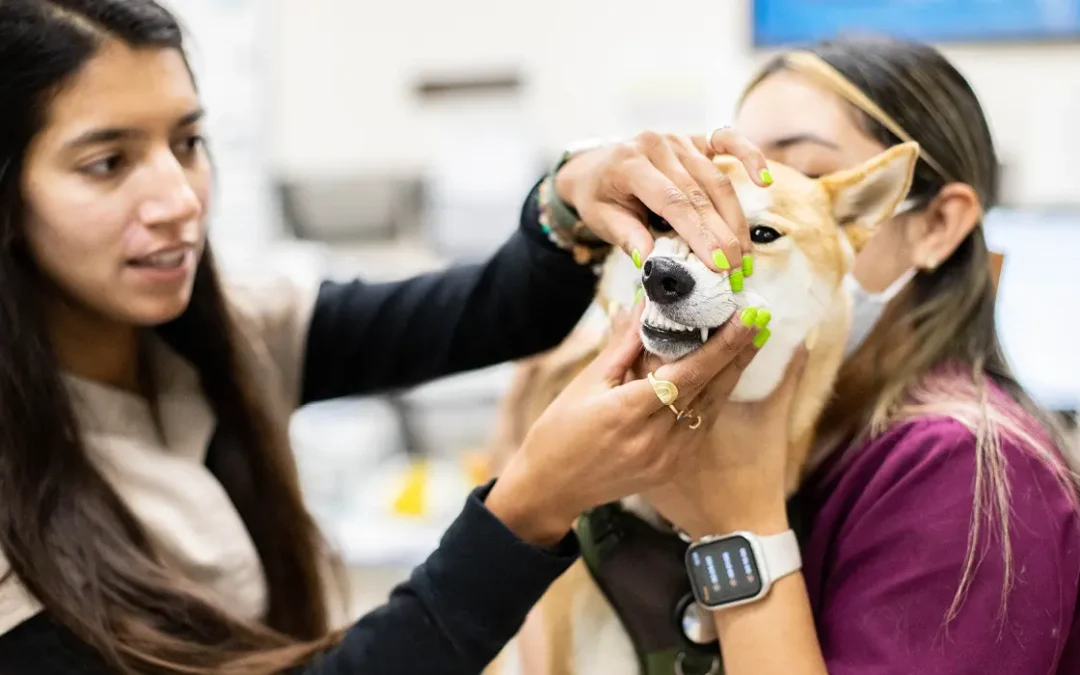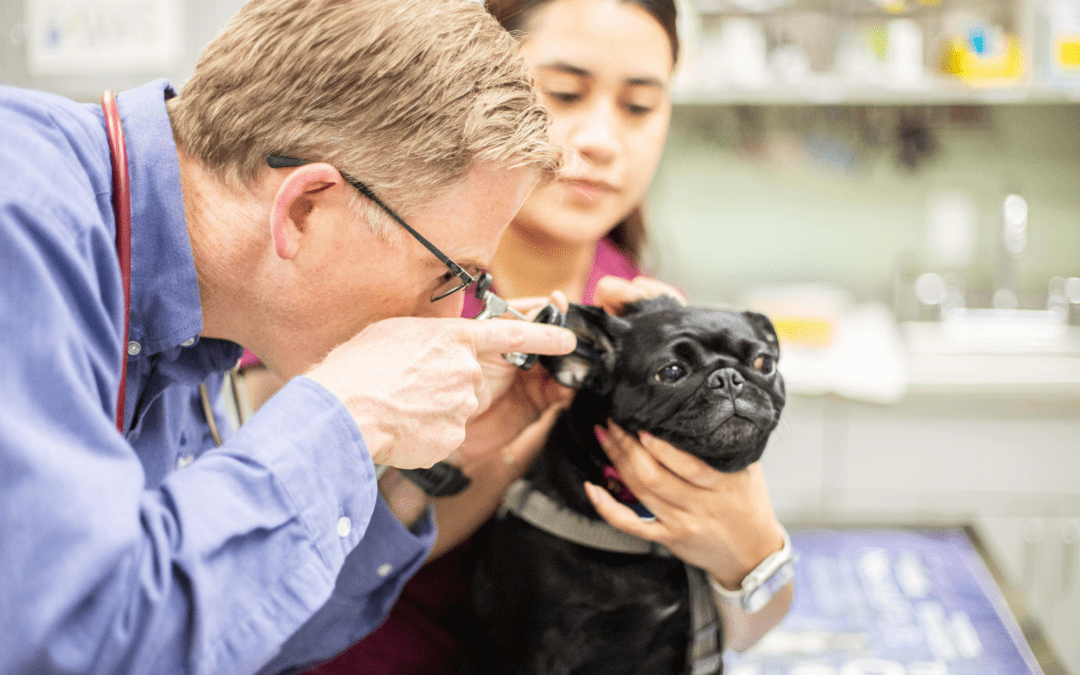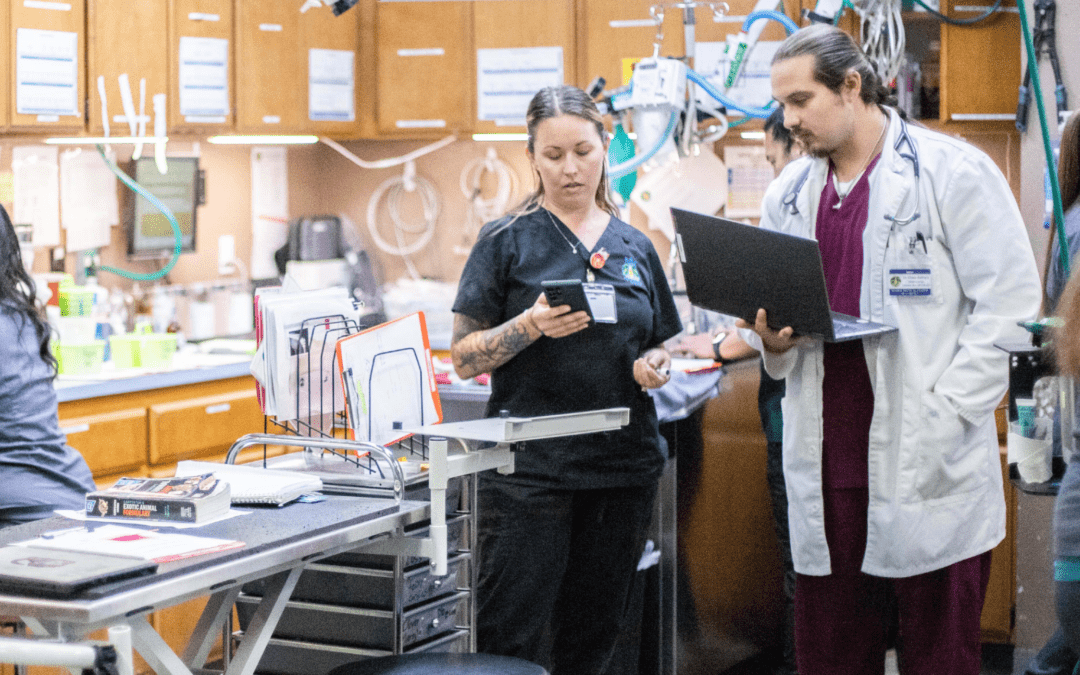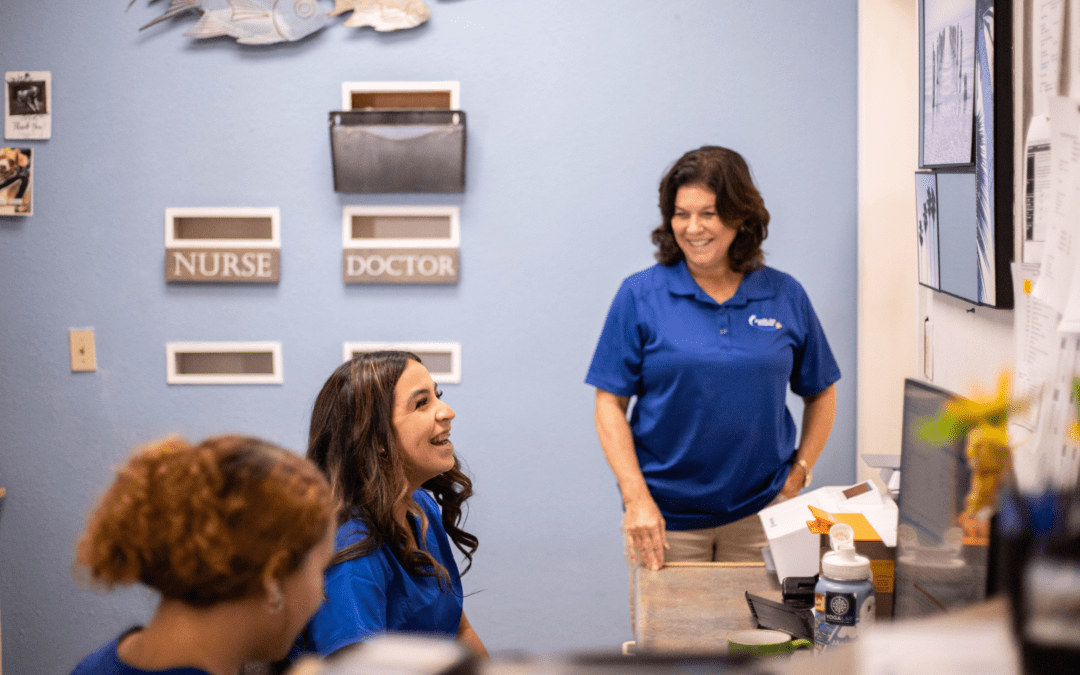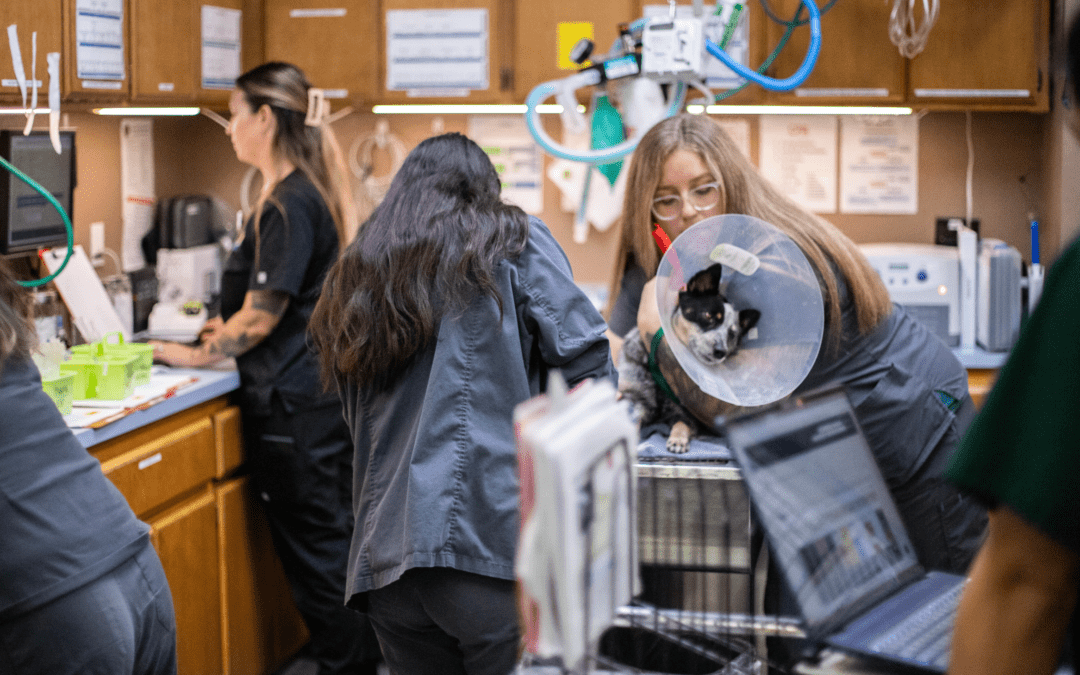These experiences largely contributed to significant imposter syndrome, anxiety, and worsened depression. Our field already suffers from poor mental health, and without highlighting the intersection of marginalized experiences, we do no justice to the betterment of mental, physical, and emotional well-being in the veterinary profession.
This blog post aims to shed light on the significance of DEIB initiatives and their impact on mental, physical, and emotional well-being within the veterinary profession.
The Importance of Intersectionality in Inclusion
Traditional notions of inclusivity often fail to acknowledge the perspectives of individuals with intersecting identities. This oversight results in feelings of isolation, imposter syndrome, anxiety, and depression among marginalized individuals. For the betterment of veterinary medicine, we must address the intersection of marginalized experiences and prioritize the mental health of veterinary professionals.
Barriers Faced by Marginalized Groups
The veterinary field currently struggles to become an inviting space for marginalized groups. Pet parents from these communities may hesitate to seek care due to fears of judgment, rehoming, or cost-driven euthanasia. Additionally, aspiring veterinarians face obstacles such as high debt-to-income ratios, disproportionate rates of suicide and depression, and a lack of representation in leadership positions. The use of harmful terminology, such as the “gold standard of care,” perpetuates bias in service provision, exacerbating these challenges. (Instead, using terms such as “spectrum of care” or “contextualized care” are preferred.) Regrettably, this has led to a concerning trend where over 60% of graduated veterinarians doubt that everyone deserves to have a pet.
Promoting Inclusion in Clinical Veterinary Education
To redefine this narrative, we must intentionally implement inclusive practices within clinical veterinary education. By making clinical care more accessible to marginalized pet parent communities, we can foster a sense of belonging and trust. Creating a pipeline that supports these groups in veterinary medicine not only encourages their pursuit of education and care but also establishes expectations of representation, respect, and understanding among veterinary professionals and pet parent communities.
Elevating DEIB initiatives within the veterinary field is crucial for creating a more inclusive and accessible environment. When we provide medicine more inclusively, we create a pipeline for marginalized groups to feel a sense of belonging in veterinary medicine. This sense of belonging, based on trust, creates a space for marginalized groups to pursue veterinary education or further care. In doing so, we also create a space for expectation, instead of mere possibility, of representation, respect, and understanding among veterinary professionals and pet parent communities.
For details on how you can foster intentional inclusion, read more by Dr. Serena Nayee.
Help Elevate DEIB Non-Profits in the Veterinary Space
- Chapter VIII
- Pawsibilities Vet Med
- Companions and Animals for Reform and Equity (CARE)
- Latinx Veterinary Medical Association
- Association of Asian Veterinary Medical Professionals
- National Association for Black Veterinarians
- Pride VMC
- Multicultural Veterinary Medical Association
- Diversify Veterinary Medicine Coalition
About Dr. Serena Nayee
Dr. Serena Nayee is the founder and executive director of Chapter VIII. Based on personal experience and statistical assessment throughout veterinary school and onward, the lack of inclusion and intersectionality within veterinary medicine heavily inspired her to create Chapter VIII upon graduation from the University of Georgia College of Veterinary Medicine in 2020. She has previous experience as a medical director and practice co-owner in the for-profit small animal veterinary urgent care sector, which inspired her to pursue development of accessible urgent care, after reflecting on the need for access to urgent clinical care and education among marginalized groups. Serena hopes to make urgent care and other specialty sectors within veterinary medicine more representative and accessible via incremental care and inclusive education.

